At Journey’s End: Shek Pik Experiential Learning Center
Mar 15, 2024
After more than four years of evaluation visits, patient negotiation, and application processing, Bauhinia Experiential Learning Limited (BELL), the experiential ‘arm’ of the ISF group, took possession of the former Shek Pik Red Cross Youth Camp on 22 February 2024; it will serve as the ISF remote experiential learning base on Lantau Island. A five-year Short-Term Tenancy (STT) agreement was signed just prior to the handing over of the site, which has been dormant for nearly a decade.

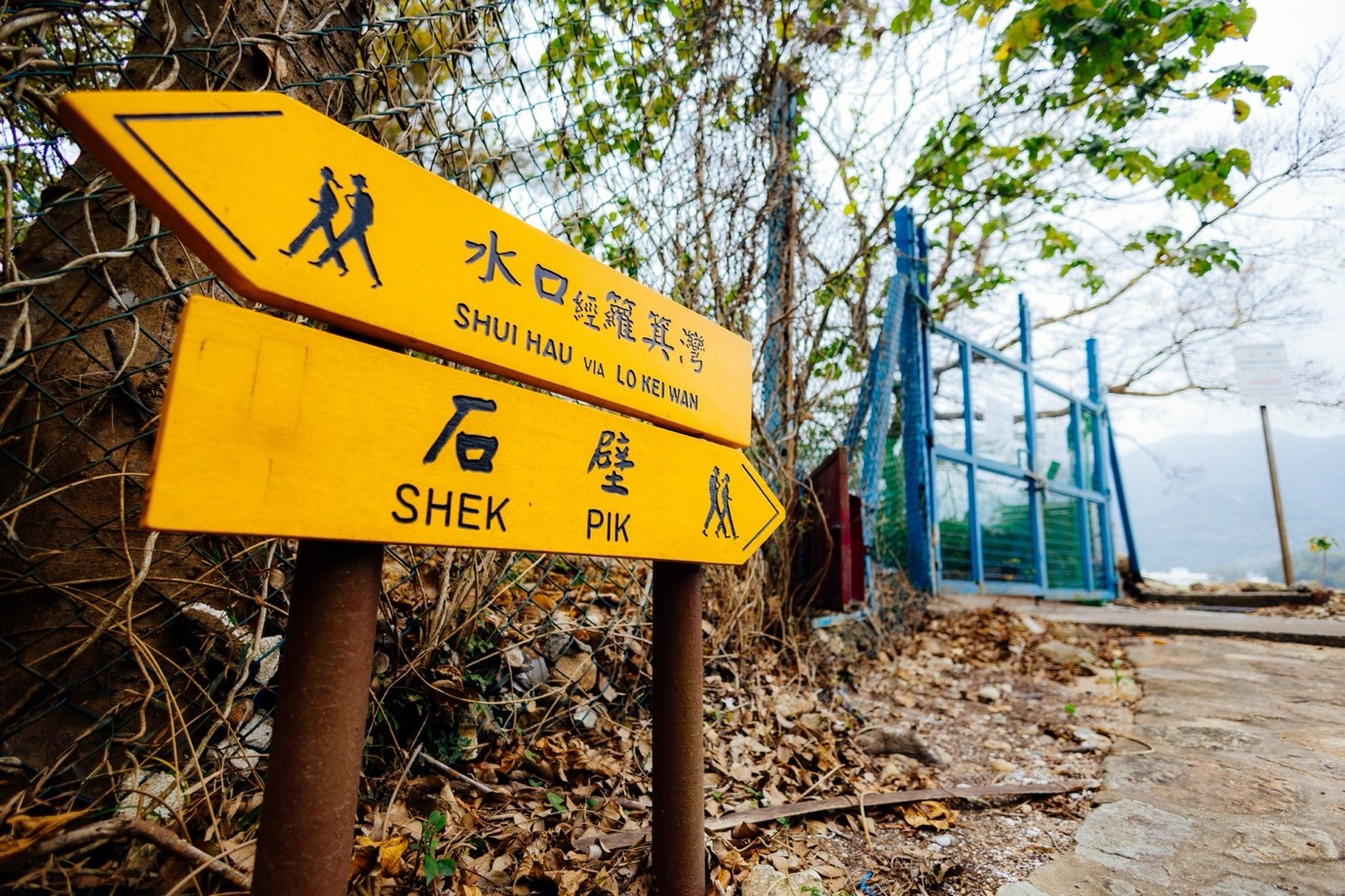
I first raised the idea of establishing a remote base for experiential learning with the School Management Committee (SMC) of The ISF Academy in 2009. The essence of this idea was that learners benefit from short periods of well-designed and purposeful experiential learning in different settings that are experientially ‘novel’ to the learner. This is amplified to an extent by the removal of normal familial and school routines, connections, and supports. When immersed in unfamiliar settings, learners pay close attention, with heightened sensitivity, to sensory input from sight, sound, touch, taste, and smell. Close bonds are formed with those going through the same set of experiences. Put simply, in new settings, we tend to take more notice of what is going on around us and who is with us. When coupled with activities aimed at promoting independence, solving problems, planning solutions, teamwork, resilience, and supported by formal and informal reflection, experiential learning creates highly durable memories that enhance academic outcomes in regular school settings. The SMC embraced this notion with enthusiasm and it has remained a key element of the ISF Mission since that time.
The ISF experiential curriculum is founded on the ‘twin pillars’ of an extensive co-curricular activities program (CCA) and the biannual Experiential Learning Program (ELP) offered to students above lower primary. Inspiration for the scope, scale, and setting of this interconnected network of learning experiences is drawn heavily from the strong body of research globally that underpins this indispensable mode of learning. Complementary to, and supportive of, mainstream or classroom learning, experiential learning is a core element of a complete education. It is widely practiced in schools around the world.
At ISF, our regular co-curriculum, offered before and after the regular school day, on weekends, and vacation breaks, is a vast undertaking, covering hundreds of activities and thousands of participating students each week. All ISF CCAs are now managed by BELL; they continue to serve their intended purpose well and are widely supported by the ISF community.
ELPs have typically had a dual focus of ‘within’ and ‘without’: ELP 1 is offered locally and aims at team building (‘we’) and self-discovery (‘me’), within our home in Hong Kong; ELP 2 tends to focus beyond Hong Kong and has an exploratory or external service focus – it is about looking outside of ourselves. These programs are typically offered with the support of third-party service providers, but also involve specialist ISF and BELL staff and faculty.
The history of our search for a permanent ‘home’ for experiential learning at ISF is a lengthy tale of persistence, frustration, false starts, set-backs, and an evolving understanding of our needs, capacity, purpose, and operational practicalities. The reasons for seeking a fixed base, rather than rely on third-party providers and rented sites were quite simple: safety, reliability, setting, access, and intrinsic interest. Most schools rely on third-party providers who typically cannot guarantee consistent access, often operate under commercial imperatives that are inconsistent with desired educational outcomes, and charge high fees. The solution was clear: find a location to serve as our own base.
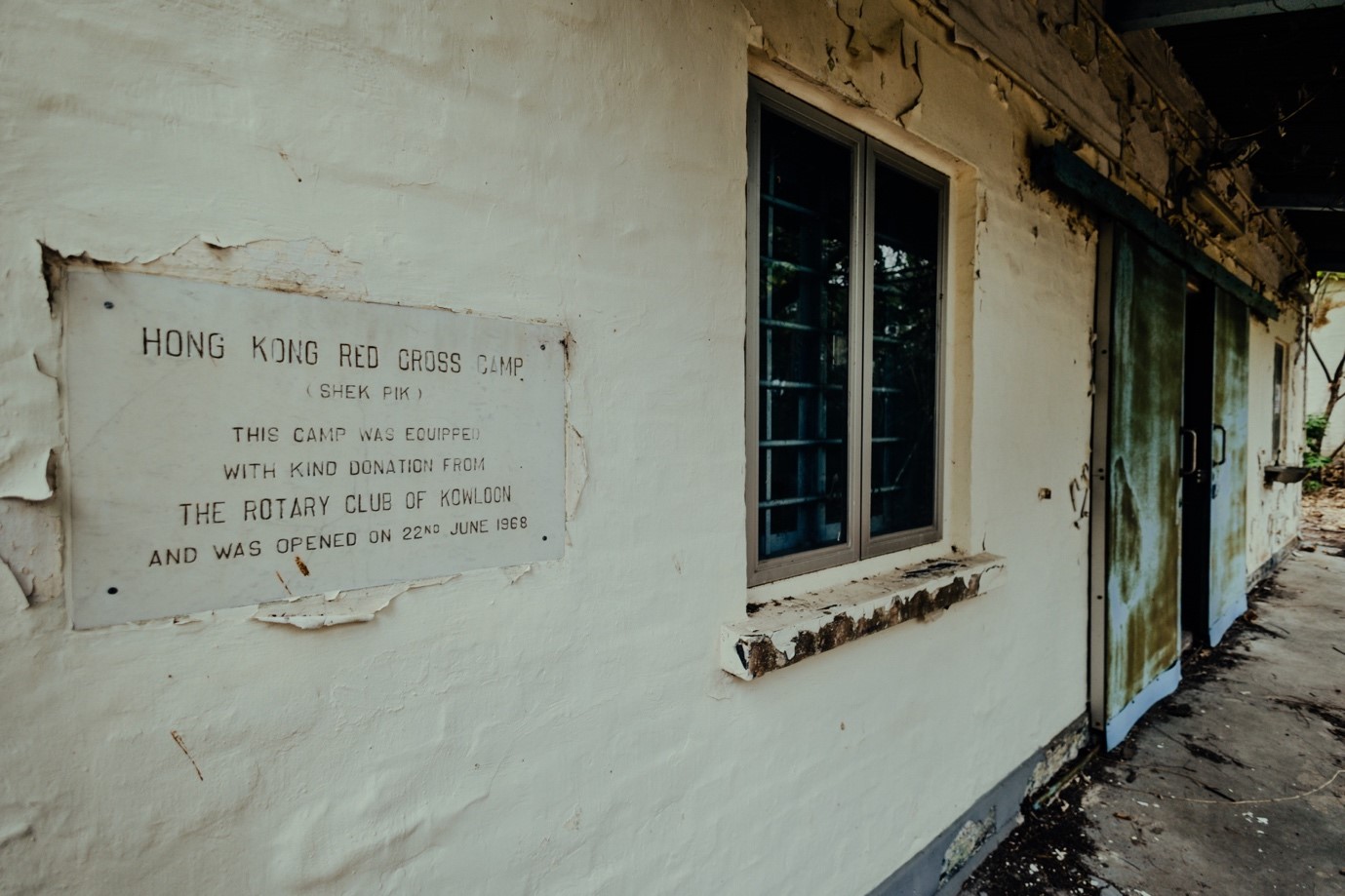
Evaluation of many potential sites, both within the Hong Kong SAR and beyond was carried out over many years. Keeping in mind a basic tenet of experiential learning – the experience must be ‘novel’ and interesting for the learner in a meaningful way – we began to map out the criteria needed for the identification of an educationally suitable site. Starting with Vacant School Premises (VSP), several hundred of which are dotted about the New Territories, abandoned camp sites, holiday retreats, defunct resorts, we evaluated many promising sites, but encountered some perhaps understandable official resistance at times. Potential sites in Australia, New Zealand, Thailand, Malaysia, and Taiwan were also visited and evaluated for safety, ease and reliability of access and evacuation, experiential potential, amenities, cost of construction or renovation, and operating costs. We had to balance the fundamental educational purpose of challenge against the all-important principle of ‘safety-first’. Getting into a novel situation is one thing; getting out when something goes wrong is something else altogether!
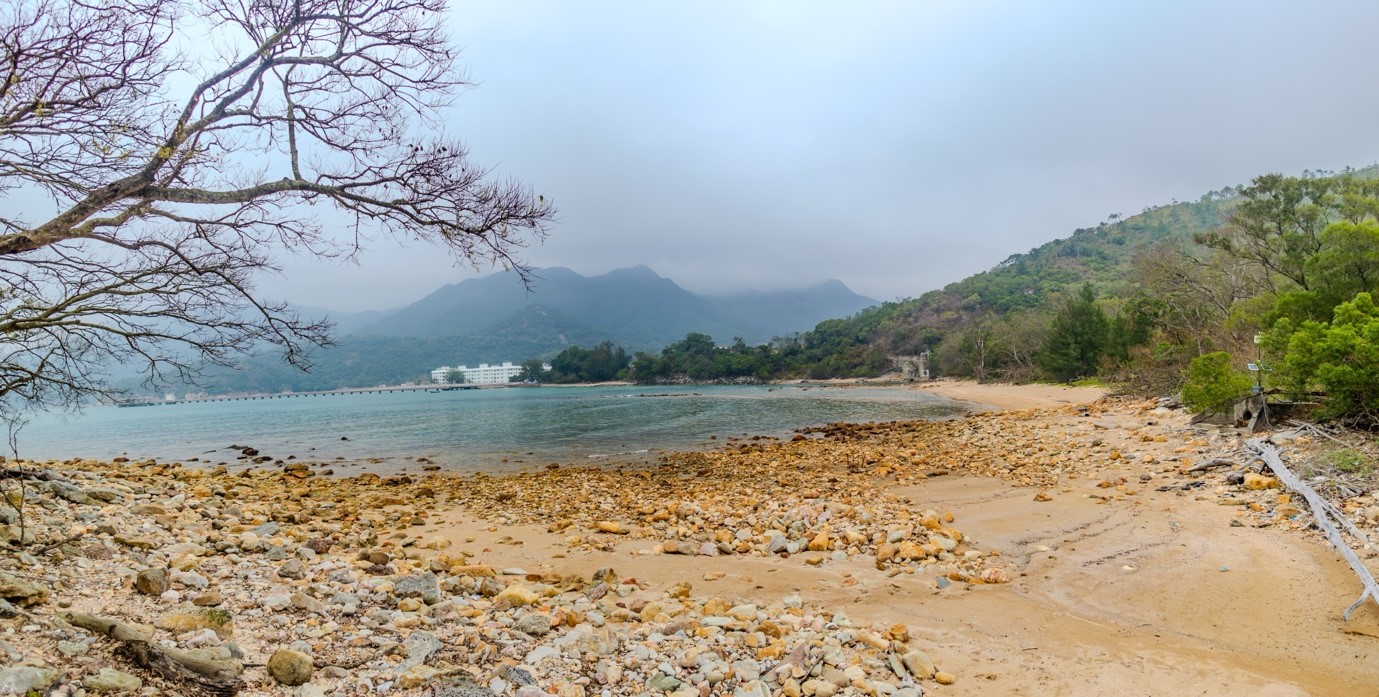
For me personally, another driver in the search for a suitable site was my commitment to helping our students develop a deeper, richer, and more nuanced understanding of their home and its history here in Hong Kong. Many of our families are extremely well-travelled and have an experientially rich understanding of the world. Very few, however, have explored the remote trails and abandoned villages and historically significant sites buried in the more inaccessible parts of the New Territories. There is a rich history in our home, slowly fading away with the passing of the older generation, that awaits discovery by the adventurous and inquisitive. Migration, development, and neglect have all contributed to the decay, but there are still many experiential ‘gems’ just waiting to be discovered. By committing to a more local approach to some of our experiential learning, one that reflects the spirit of ‘within’ explained above, we sought to strengthen in each ISF learner the personal cultural roots that connect them not just to the present and future, but also to the past.
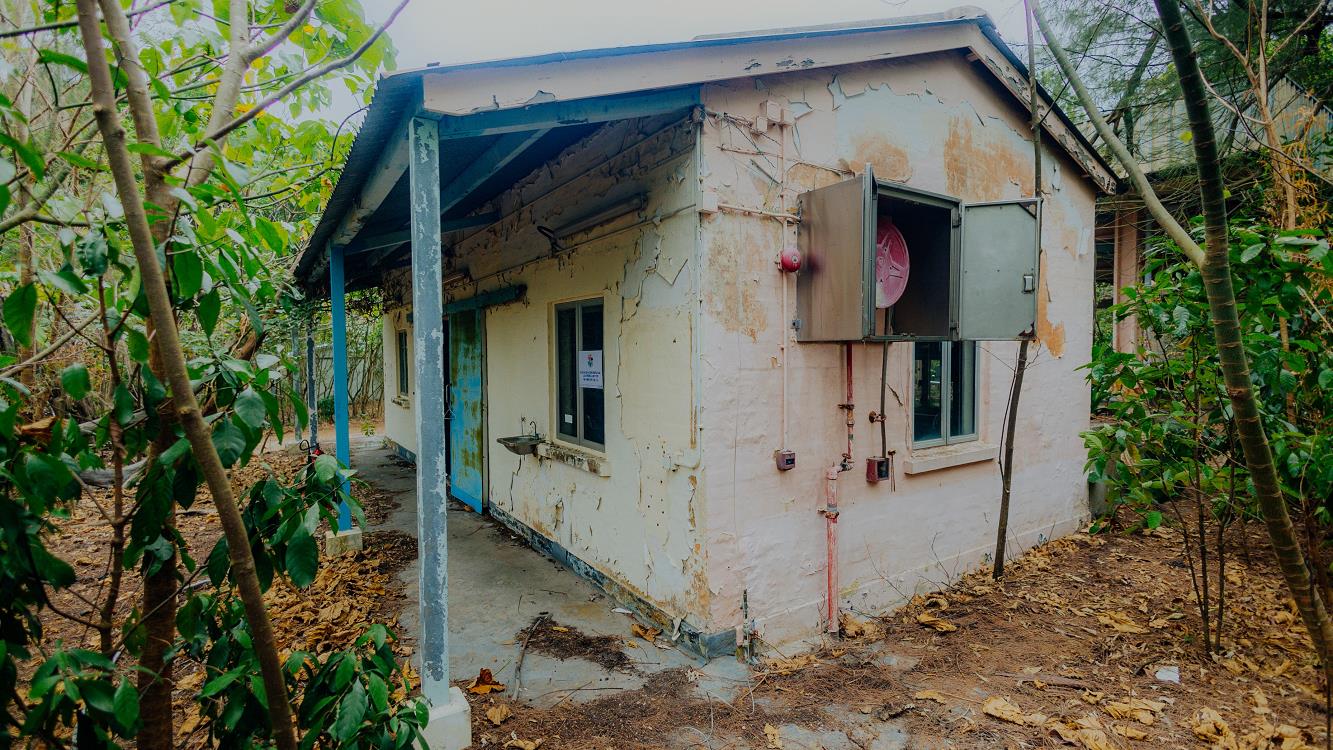
Our first official application to secure the Shek Pik site was lodged in December, 2019. The Shek Pik site immediately appealed to us, as it met almost all of our selection criteria. It is perfectly situated in a quiet location on the shoreline at the southeastern end of Lantau Island, in the shadow of Lantau Peak. Ironically, in its abandoned state, it reflects perfectly the state of many formerly bustling rural settlements in the New Territories, by-passed by social trends and development in the modern world. Our dream, with the financial support of the Foundation, is to bring this neglected, overgrown site back to life with care and commitment. Furthermore, at an institutional level, the challenges that lie ahead at Shek Pik also reflect perfectly the characteristics of memorable experiential learning described above: a ‘novel’ setting, problem-solving, planning, teamwork, resilience, and reflection. In this endeavor, we will need to draw on the resources of our entire community to make the dream a reality. Beyond the financial support of the Foundation, contributions of all kinds are most welcome: donations, resources, professional skills, and willing hands are all needed!
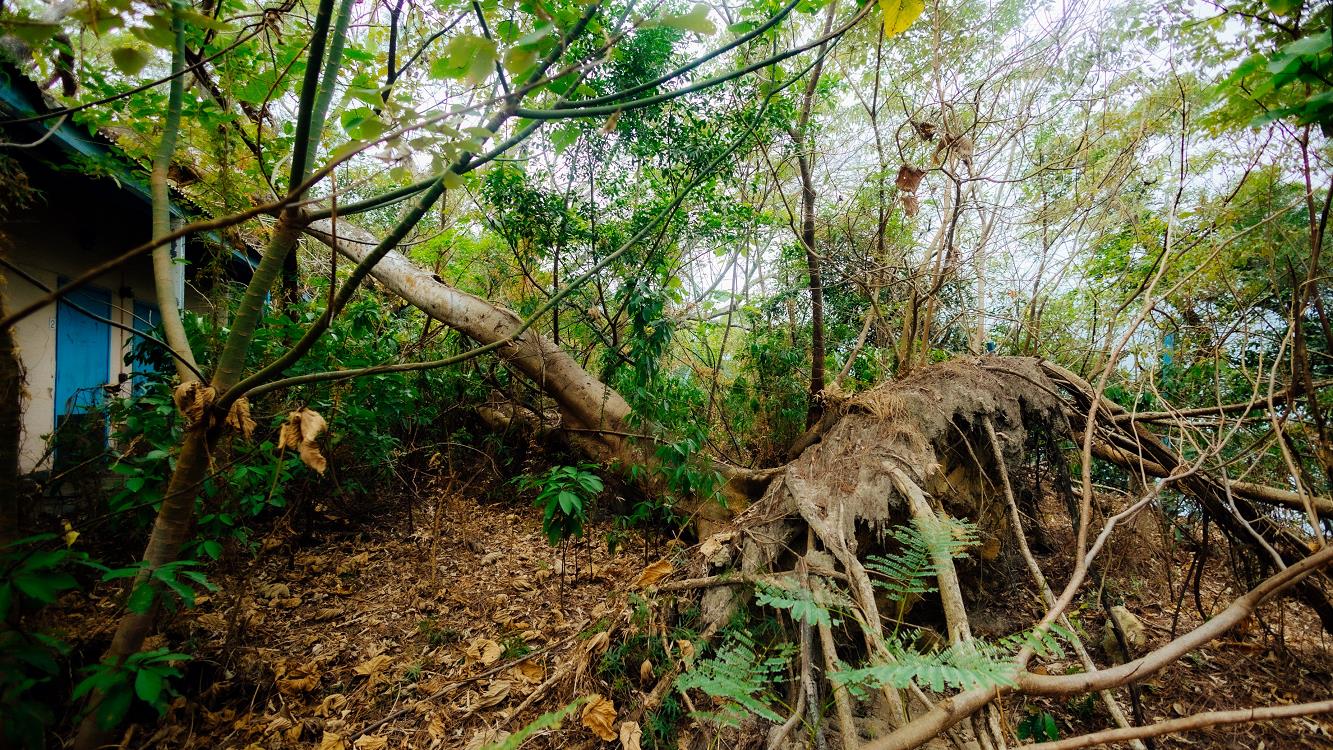
After a fourteen-year search for an experiential home base, we have found our special place that, in time, will serve the community as an inspiring place of immersive personal experience, daunting physical challenges, exploratory expeditions, scientific research, social bonding, and collaborative effort. It will be our own remote village in which we engage in the joyful task of raising each ISF child.
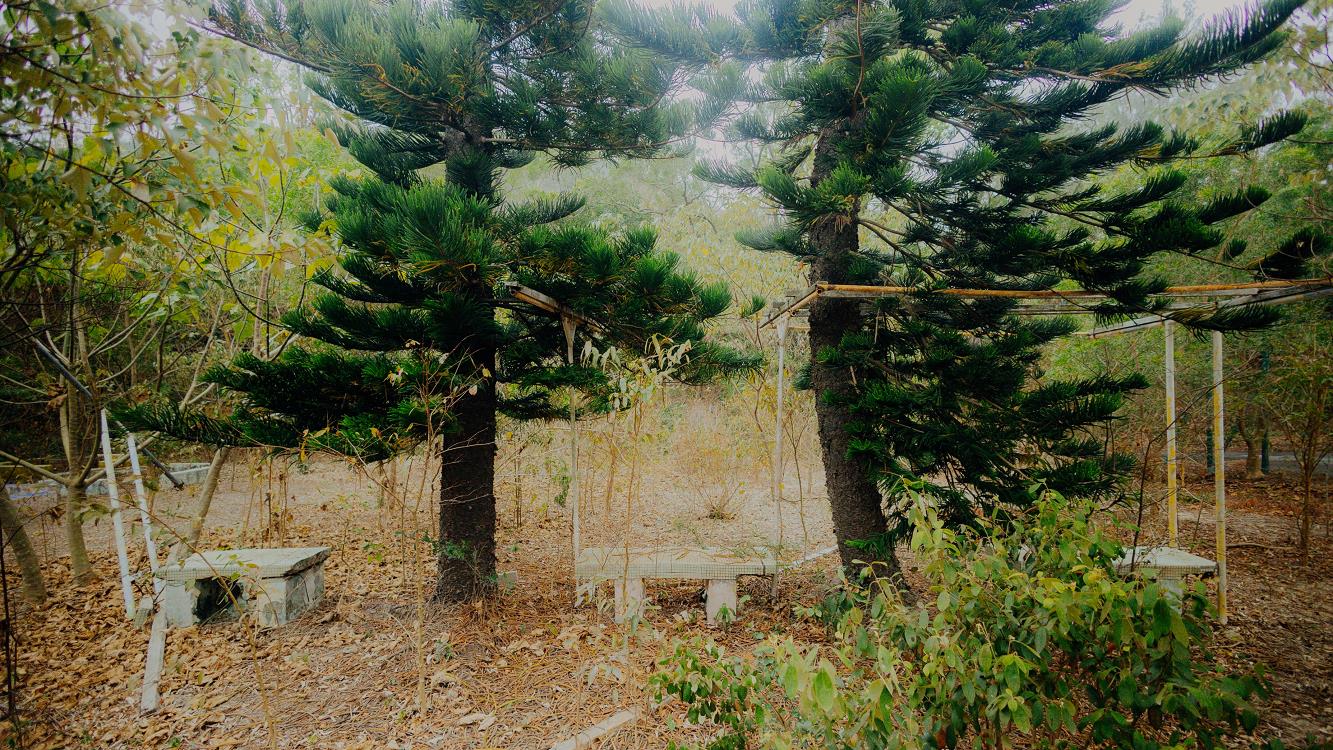
Dr. Malcolm Pritchard
Head of School
